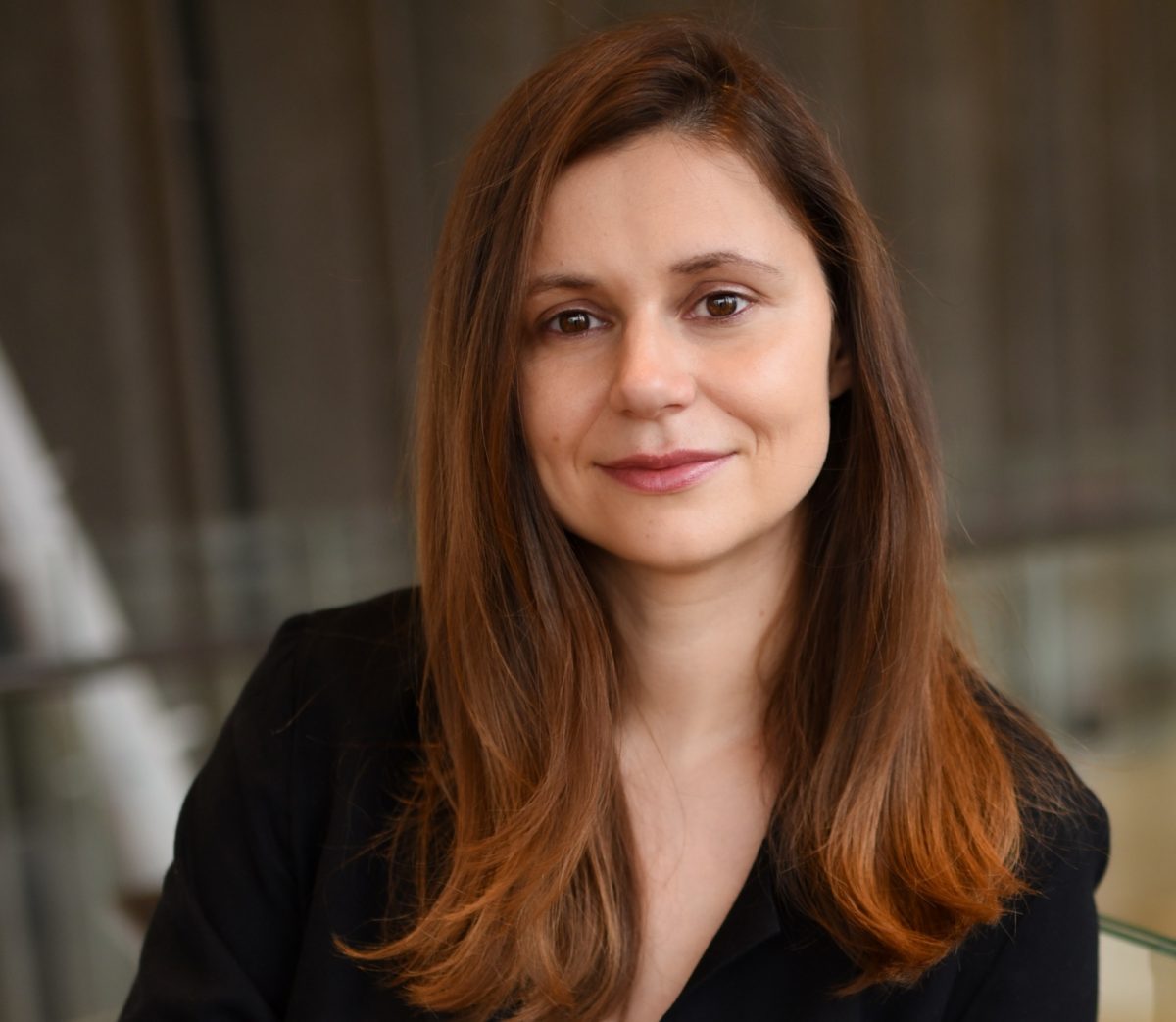
Nataliia Stepaniuk
Ukrainian Graduate Studying Social Transformation During Wartime
Petro Jacyk fellowship offers financial support to pursue important research
Dr. Nataliia Stepaniuk completed her doctoral studies in Political Science at the University of Ottawa. She holds an MA from the University of Ottawa’s Graduate School of Public and International Affairs, and an MA from the National Academy of Ostroh University, Ukraine.
Inspired by the Revolution of Dignity and shaken by Russia’s occupation of Crimea in 2014, Stepaniuk, a native of Ukraine, chose the rise of civilian volunteer mobilization amidst the war in Donbas, Ukraine and the social transformations within those civilian groups as the focus of her doctoral research. Her broader research interests include post-communist politics, civil society, gender politics, citizenship, and (de)militarization.
Actively involved in community work, Stepaniuk volunteers for the Ukrainian Canadian Congress – Ottawa Branch and participates in various community-led initiatives. Since the start of Russia’s full-scale invasion of Ukraine, she has been assisting refugees from Ukraine to integrate into Ottawa.
Stepaniuk is a 2022 recipient of a Petro Jacyk Education Foundation Post-Doctoral Fellowship. In 2021, the Foundation began offering fellowships to promising junior scholars studying Ukraine/Ukrainian Canadiana with the objective of advancing the understanding of Ukrainian politics, history and society. The Petro Jacyk Post-Doctoral Fellowship, made possible due to the support of the Petro Jacyk Education Foundation, and the Steve and Anna Zurawecki Fellowship at UM, is open to recently awarded PhDs who will be involved in both research and teaching capacities.
Fellows spend much of their Fellowship period at the University of Manitoba at the Centre for Ukrainian Canadian Studies and are expected to complete a year-long research project on any Ukrainian Canadian or Ukrainian topic, culminating in a full, publishable report and present at least two public lectures related to their research.
After the outbreak of violence in Eastern Ukraine (Donbas), Stepaniuk became interested in war-driven civilian mobilization in the regions bordering the war zone. During her doctoral studies, she travelled to cities in Eastern and Southern Ukraine, conducting over 90 interviews with civilians involved in the volunteer war effort. She chronicled the work of civilian volunteers as they assisted the poorly equipped Ukrainian army, cared for the wounded, and provided emergency assistance to the displaced.
“I set out to examine the process of civilian mobilization – who got engaged, for what reasons, how to understand how communities mobilize in wartime and what factors make this mobilization successful,” says Stepaniuk. “Another dimension of my research was to understand what kind of social transformations and social changes happened through that war-driven mobilization.”
“For a lot of individuals, it was a transformational experience, because they changed their own perception and understanding of who they are, where they belong, and what their role in society is. Where they were previously focused on their own well-being or on their own families, now they see themselves as active members of their communities. They also strengthened their identification with the state and the nation, coming to see themselves as Ukrainians. This signifies a big transformation in the communities I studied as my respondents previously identified in relation to sub-national (local) or supra-national (Slavic or Soviet) entities.”
Now that her doctoral studies have been completed, Stepaniuk is grateful for her post-doctoral fellowship, allowing her to revise her dissertation research into a book manuscript.
“I have a book on track with McGill University Press on the subject of social transformation during wartime, especially social transformation that occurred in volunteer communities that emerged during the Donbas war,” says Stepaniuk.
“The fellowship has given me time and space to review the literature that has been published over the past couple of years and make the revisions needed to move from the dissertation to the book. When I was working on my dissertation, there were virtually no publications on the subject, as it was an emerging phenomenon, and I didn’t have a lot of scholarships to rely on. Thanks to the generous support from the University of Manitoba and the Centre for Ukrainian Canadian Studies, I am able to advance my research, and reconnect with the academic community, and hopefully create greater awareness of the civilian impacts of the Donbas war.”
“The Centre for Ukrainian Canadian Studies (CUCS), established in 1981, creates, preserves and communicates knowledge and scholarship as it relates to Canada and Ukraine’s unique history and relationship. The centre coordinates the Ukrainian Canadian Heritage Studies program and courses, offers a Letter of Participation program, promotes research and hosts events. ”
Applications to the Petro Jacyk Education Post-Doctoral Fellowship are due April 15, 2023.






